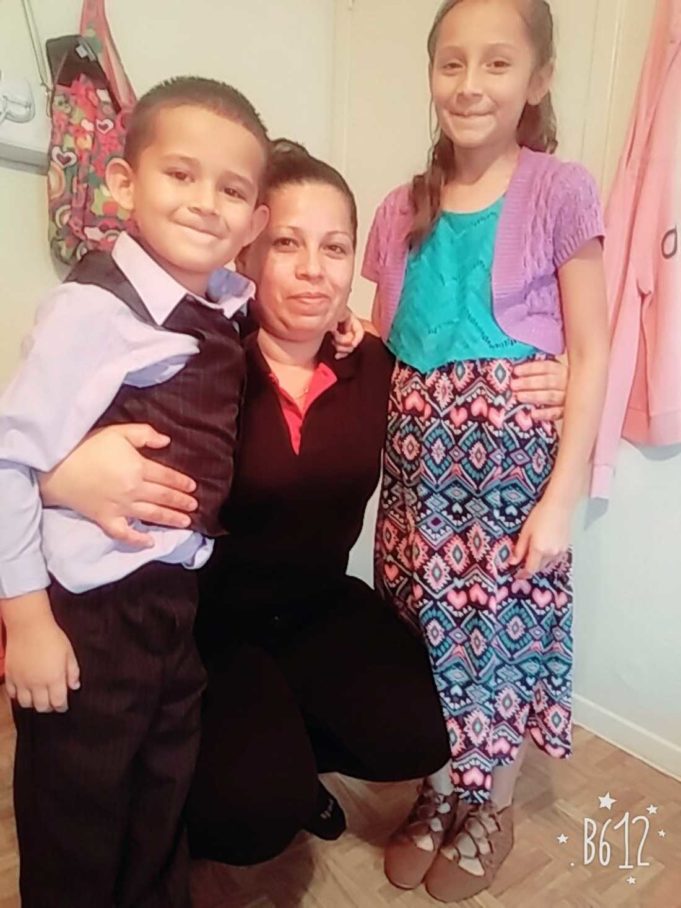Fighting back against an abusive boyfriend landed Maria Molina in Tarrant County Jail with a one-way ticket back to violence-ridden El Salvador.
Jessica Ramirez, member of the grassroots group United Fort Worth, said the detention calls into question Bill Waybourn’s public statements that his Tarrant County Sheriff’s office is not targeting law-abiding residents. United Fort Worth members have been in close touch with Marzin Molina, Maria’s brother, since his sister’s arrest in Haltom City and subsequent transfers to Tarrant County Jail and then Prairieland Detention Center in Alvarado.
David McClelland, Tarrant County Sheriff’s office spokesperson, said that Molina was initially charged with “assault [causing] bodily injury” by Haltom City police on June 3. A transcript of the 911 call that summoned officers to Molina’s home states that the mother of two hit her boyfriend “with a mug.” Juana Guzman, community outreach coordinator for the immigrant advocacy group RAICES, told us in a phone interview that Tarrant County’s 287(g) agreement played a crucial role in Molina’s transfer to Prairieland. The agreement between Immigration and Customs Enforcement (ICE) and sheriff’s offices around the country allows a limited number of county jail officers to be trained by ICE agents.
McClelland, however, said that the 287(g) program played “no role in her hold” by ICE agents.
“We have been very clear the entire time we have been in office,” McClelland said. “Our deputies do not ask victims or witnesses about their place of birth or if they are in this country legally. If someone calls 911 and needs assistance from us, our goal is to protect them as best we can. If someone has seen a crime, we want them to call and report it. We do not look at immigration status when dealing with victims or witnesses.”
Data from the libertarian think tank the Cato Institute recently found that while ICE has portrayed itself as protecting Americans from criminals, only half of ICE’s removals between 2009 and February 2017 were of people who had committed a crime.
“Even of those who committed a crime, the most serious offense for 60 percent of them was a victimless crime: immigration offense, traffic infraction, or vice crimes like illicit drugs,” the report found.
Guzman said her advocacy nonprofit is working through legal channels to delay or reverse Molina’s August 23 deportation date.
Molina “came here fleeing domestic violence in her home country,” Guzman said. “Her family is trying to find something to have hope for.”













In regards to the “Nowhere to Flee” article I didn’t see where she attempted to declare for asylum at US border as is required, she came across border illegally, which is the first and biggest offense she made. Second, how long has she been in US illegally and could have been working on getting her citizenship?
All I see is finger pointing at the system and do not see her taking responsibility for her doings. The system is working the way it is setup and she broke our laws twice that we know of in this very limited and short sided article.